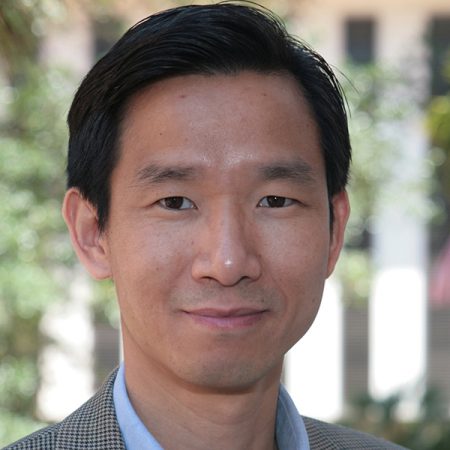
Under a new state law, Florida high school graduates can avoid college placement exams and opt out of remedial education courses — no matter their academic ability orpreparationfor college — when enrolling in a Florida College System school.
State legislators have drastically restructured remedial, or developmental, education, and a Florida State University research team will document the new legislation’s implementation and assess its impact. The legislation affects only Florida’s two- and four-year institutions formerly called the Florida Community College System. These 28 schools are now known as the Florida College System.
The research team is led by Shouping Hu, professor of higher education, and includes assistant professors David Tandberg and Toby Park, all in the College of Education. Working with Florida State’s Research Foundation, the team received a grant from the Bill & Melinda Gates Foundation to study the state’s developmental education reform.
“This is the most significant state law affecting developmental education that we are aware of anywhere in the country,” Hu said.
“Because of its sweeping nature, it is critical that we begin documenting and evaluating its impact from the very beginning so that state legislatures and educational leaders here in Florida and other states have credible and timely evidence to further improve educational policies and practices,” he said.
The state law took effect July 1, 2013, and implementation must begin no later than fall 2014. The law mandates that Florida College System schools provide developmental education that is more tailored to the needs of students.
The law gives students much more flexibility in terms of whether they enroll in developmental education and what options they can choose from if they need it.
Developmental education is characterized by coursework completed in college by students who are not ready for college-level work. Developmental courses are generally taken before college-level courses and often do not count toward a degree.
Nationally, about 60 percent of incoming community college students are referred to at least one developmental course, Hu said.
Under the new law, some students who previously would have tested into developmental education will be able to skip it altogether. The methods for offering developmental education will change too, as instruction is to be offered in ways that move students quickly into college credit, through tutoring and other helpful programs.
“The legislation does require some pretty innovative ways to deliver developmental education,” Tandberg said. “Traditionally, developmental education hasn’t always performed as well as we would have liked.”
Admission counseling is mandated for all incoming Florida College System students, although placement testing will no longer be required for most Florida public high school graduates.
The Florida State University research team, which includes graduate students Rhonda Collins, Amanda Nix and Dava Hankerson, intends to study how the colleges are implementing the new reform measures.
The team also seeks to understand the patterns of student choice related to developmental education options and the effects of student choices on educational progression and success.



